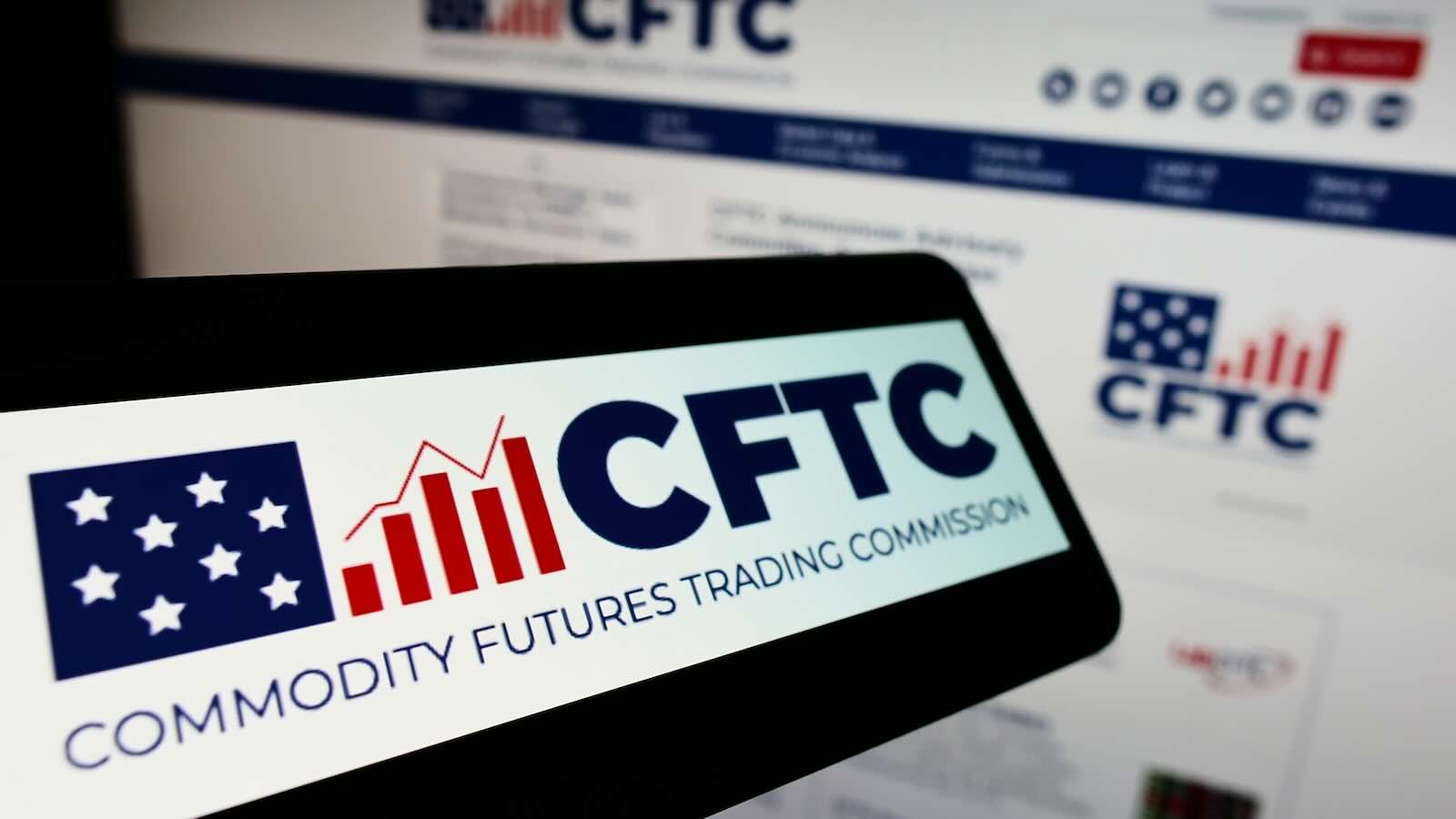Johnson: The Campaign For Fairer Gambling’s Hypocritical Embrace Of Sports Prediction Markets
Four possible explanations for one group’s sudden enthusiasm for sports prediction markets
4 min

Last week, as I was stepping off a plane, a text from my business partner caught my eye. It was a story about the Campaign for Fairer Gambling (CFG) petitioning the Commodity Futures Trading Commission (CFTC) to participate in a Washington, D.C. roundtable on sports prediction markets. Naturally, I assumed CFG — an organization that has spent years railing against the expansion of online gambling — was planning to oppose this new, rapidly evolving, and only lightly regulated form of wagering.
I was wrong.
When I finally read CFG’s letter, I was stunned to see they advocated for these markets. It was a true WTF moment. How could an organization that claims to champion responsible gambling suddenly be endorsing a massive, federally regulated expansion of sports betting under a thinly veiled financial instrument? The hypocrisy was breathtaking.
There are four possible explanations for CFG’s sudden enthusiasm for sports prediction markets:
- CFG is naive and uninformed about the true scope of this emerging gambling vertical.
- CFG is so intent on undermining state-regulated sportsbooks that they’ll support anything that disrupts the industry.
- CFG wants to bring gambling regulation under federal oversight, even at the cost of consumer protections.
- CFG has a financial or ideological stake in the success of prediction markets.
The naïveté argument
It’s entirely possible that CFG simply doesn’t understand what it’s supporting. Their letter suggests that prediction markets will only focus on single-game outcomes, implying that they will somehow be immune to the integrity risks associated with in-game betting and proposition wagers.
That belief is demonstrably false.
Existing prediction markets already mimic traditional sportsbooks, offering in-game wagering, odds, and player proposition contracts. Kalshi, one of the key players in this space, reportedly filled 63% of its Super Bowl futures contracts after the game started. That’s in-game betting, plain and simple. Kalshi now offers contracts on where NFL coaches will land and has signaled an interest in player props and expanded betting options.
Kalshi’s business model and advertising strategy are virtually indistinguishable from those of a consumer-facing sportsbook, making CFG’s position either deeply misinformed or willfully blind to the reality of these markets.
The vendetta against sportsbooks
Another plausible explanation is that CFG’s opposition to regulated sportsbooks has become so obsessive that they’ll support anything that disrupts the industry — even if it contradicts their stated mission of promoting responsible gambling.
CFG’s letter devotes an inordinate amount of space to attacking established operators like FanDuel and DraftKings, painting them as predatory entities that exploit consumers. Meanwhile, CFG ignores that sports prediction markets will likely operate with far less consumer oversight and responsible gaming safeguards than state-regulated sportsbooks. The CFTC is a commodities regulator, not a gaming regulator — it has no expertise in monitoring gambling-related risks like problem gaming, fraud, or sports integrity.
The federal regulation play
CFG has long advocated for greater federal oversight of gambling despite the U.S. tradition of state-based regulation, which allows lawmakers and regulators to craft policies that fit their residents’ needs. If the CFTC authorizes prediction markets as financial instruments rather than gambling products, it would effectively override state gaming laws. This would create a nationwide gambling product available in all 50 states, including those where sports betting is explicitly prohibited — California, Georgia, Texas, and Utah among them.
That’s a staggering contradiction for a group that opposes the expansion of online gambling. If states like California and Texas don’t want sportsbooks, why should they be forced to accept a federal backdoor version of sports betting with even less oversight?
Unsurprisingly, the Nevada Gaming Control Board has issued a cease-and-desist order against Kalshi, asserting that its event contracts — both for sports and elections — are “unlawful in Nevada, unless and until approved as licensed gaming by the Nevada Gaming Commission.” In other words, while CFG is busy arguing that event contracts aren’t gambling at all, Nevada — the state with the longest and most sophisticated history of sports betting regulation — is calling their bluff.
The self-interest factor
Finally, there’s the possibility that CFG has a financial interest in seeing prediction markets succeed. The group’s founder, Derek Webb, made his fortune from 3-Card Poker, one of the most successful proprietary table games in casino history. Webb has spent years positioning himself as a gambling reformer, yet he now appears to be advocating for a new, questionably regulated form of online wagering.
If CFG were truly concerned about consumer protections, it would not be championing a system that evades gambling regulations entirely by classifying sports bets as “contracts.” And it certainly would not be promoting junk research to discredit the economic benefits of state-regulated gaming while giving a free pass to prediction markets.
A reckless gamble
CFG’s letter ends with the claim that:
“CFG opposes expanding state online gambling as currently operated as this results in increased detriments of personal, social and economic harms. However, CFG recognizes the differences that will apply to a prediction market and does not have the same concerns.”
That statement is either recklessly naive or deliberately misleading. Sports prediction markets are not fundamentally different from sportsbooks — they are rather sportsbooks dressed up in commodities-trading language to avoid gambling laws. If anything, they pose an even greater risk because they will operate outside the responsible gaming frameworks that state regulators have spent years refining.
And yet, if the CFTC approves these markets — an outcome that seems increasingly likely given the current administration’s stance and that Donald Trump Jr. recently joined Kalshi’s board — CFG will have helped enable the single largest expansion of unregulated online gambling in modern U.S. history.
I walked away from reading CFG’s letter with a mix of disbelief and frustration. If the goal is to create a more responsible gaming industry, this isn’t the way to do it. In its zeal to discredit state-regulated sportsbooks, CFG is playing a dangerous game — one that could ultimately undermine the very consumer protections it claims to support.
The sports betting industry must do more to protect players. But if we truly care about responsible gambling, we should be very careful what we wish for when it comes to replacing the current regulatory system. Because what’s coming next might be far worse.
—
Gene Johnson is executive vice president of Victor Strategies. Mr. Johnson has over 35 years of unique experience in the gaming industry that brings together technology, market research, strategic planning and analysis, and casino marketing, all framed through the lens of a customer perspective. Over the course of his career, starting in Atlantic City casinos, Gene has conducted market, feasibility, and consumer research for a broad array of clients. He has testified before the U.S. Senate, the Federal Trade Commission, and multiple state and tribal governments.






